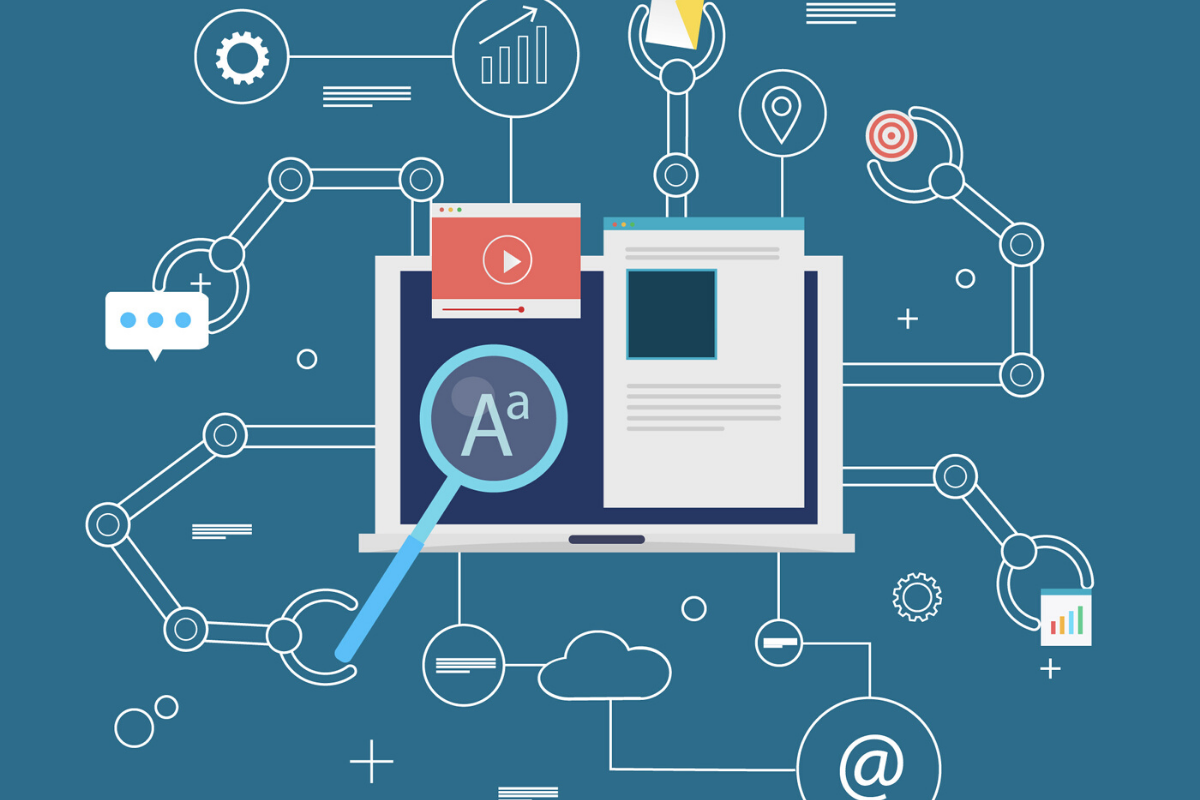If HR process automation has become the in-thing, it is largely because of the transformative power of Artificial Intelligence. AI figures in everything from finding the right talent pool to dip into when a recruitment drive is pondered all the way to induction and onboarding – the various parts of the HR strategic plan. Strategic Human Resource Planning is all about harnessing the power of HR process automation to achieve a good fit between employee and employer. It also lightens the rote workload and cuts out chaff for personnel along the chain of command.
HR process automation tools make it easy to sift through large amounts of data with regard to the selection process, interview and HR onboarding process, and apply the findings in a favorable way towards refining the business process automation. The number of criteria to be checked to determine job fit keeps increasing in today’s increasingly competitive market. The HR process automation tool is an effective countermeasure that takes into account the onboarding process, the relevant performance appraisal system, and examines the workflow management system for many parameters over several regions and functional areas of the workforce. As such, it helps to add even more criteria under which future hires may be evaluated. For instance, checking for behavioral traits such as performance under pressure, aggressive sales or customer management abilities, and the “go-getter attitude” in general can be assessed among the recruited prospects.
You might also be interested to read: Future Of Work Redefined By AI And Automation
Artificial Intelligence in recruitment allows a recruiter to look not only at the numbers, cases, and examples of performance cited by a candidate but cross-check them against market forces, trends, and relevant figures of merit across job families in a range of industries. This way, the recruiter can estimate the true worth of a candidate even before the psychometric analysis that a candidate is subjected to at an interview. What’s more, HR process automation makes this possible at the flick of a few keys.
Given the range of HR process automation now at their beck and call, recruiters and employers introduce a gamut of selection techniques including games, case study jumbles, mazes, and much more. Having a selection of induction workflow management system tools available at the HR process automation desk is by no means the end of the applicability of AI. In fact, performance appraisal systems can go so far as to recommend to a manager that a certain employee has not met the thresholds of performance and for how long. Since these markers and recommendations based on a set of criteria for performance are fed into the HR process automation tool, it does not need to go much further to determine the team member who is least valuable to the team, perhaps even recommend firing.
For the employee, this not only means that there might be fewer actual personnel looking into their case. The decision to promote, transfer, or even marginalize an employee or even a function might be made based only on numbers. The role of humans in making big decisions, for this reason, cannot be discounted. Experts refer to this as ‘benevolence’ which only humans can bring in. But the aid of HR process automation tools is sought and thought to be on the rise.
You might also be interested to read: New Trends in Payroll Processing In India
References:
- Maria Aspan, Fortune Magazine, A.I. is transforming the job interview—and everything after, Jan 20th, 2020
- Neelie, Harver.com/blog, 9 Intriguing Uses of AI in Recruitment in 2019, January 2019
Related Topics:






